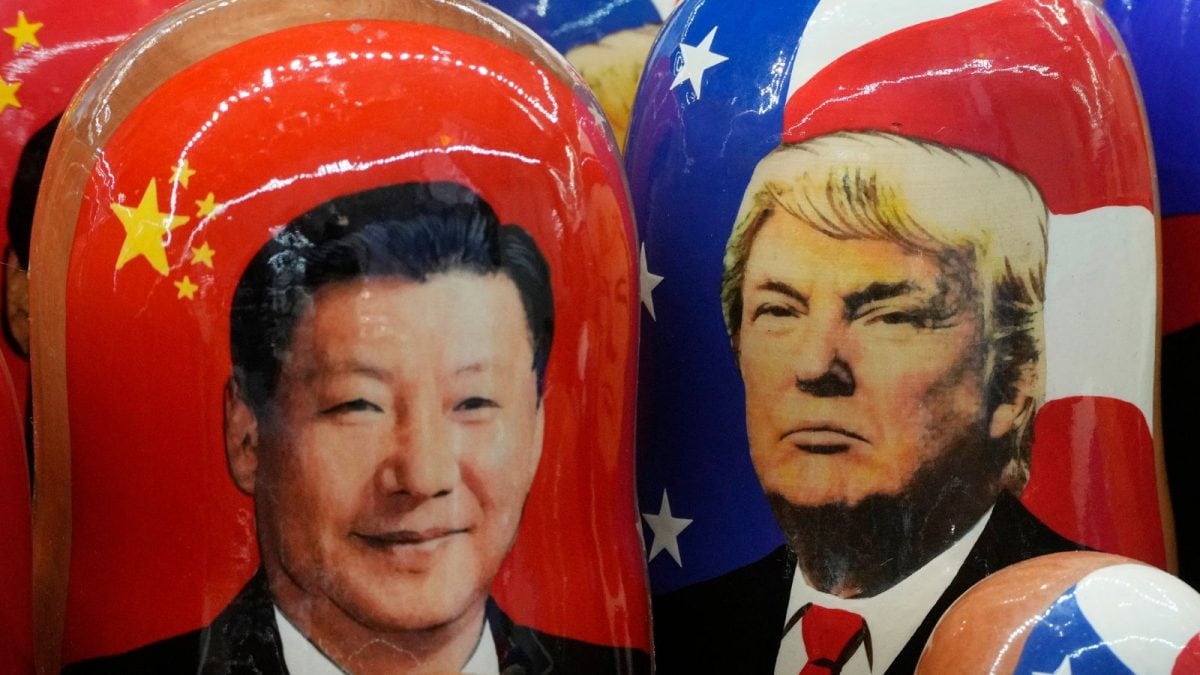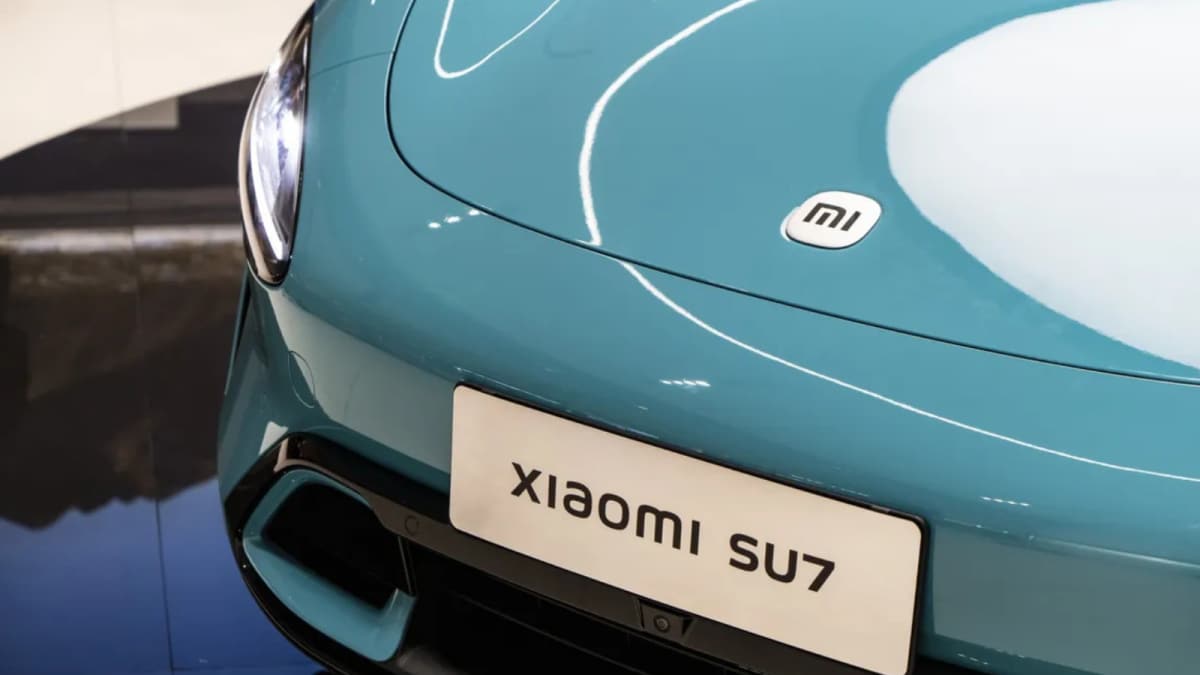The US-China trade war is raising costs for American consumers, affecting car parts, vehicles, and essential medications. Experts warn of price hikes, shortages, and economic uncertainty as tariffs impact imports from China, Mexico, and Canada.
A full-blown trade war has erupted between US and China with President Donald Trump announcing tariffs on Chinese imports and Beijing later hitting back with counter-tariffs.
The trade war is expected to increase costs for American consumers, with car parts, vehicles and even essential medications likely to see price hikes.
Higher costs for car parts and vehicles
Many car parts—including brake pads, calipers, and water pumps—come from China, and the new 10% tariff on Chinese imports will likely push prices higher, industry professionals told CBS News.
G. Adoni, who works in the auto parts industry, told CBS News that the affordability of Chinese-made products, saying, "Price-wise, made in China usually means cheaper. Either buy an American-made muffler, which is going to cost a little more money, or you get a Chinese muffler and save a couple of dollars."
However, with the new tariffs in place, the cost advantage of Chinese-made parts could disappear. Adoni added that the price increase will inevitably be passed on to consumers. "Unfortunately, it's just the cost of doing business," he said. "Hopefully, five or ten years from now, inflation comes down and we start producing more in America."
Beyond car parts, vehicle prices themselves could rise. Automakers such as Ford, General Motors, and Stellantis, which have manufacturing plants in Mexico and Canada, may be impacted by the administration’s 25% tariffs on imports from these countries. Though the tariffs on Mexico and Canada are delayed by one month, new and used car dealership owner Tom Maoli warned of a sharp impact once they take effect. "Anything that has not been shipped yet or is at the dock getting ready to be shipped into these ports—that’s ultimately going to go into a vehicle to be manufactured—it’s immediate," he said, estimating a 5% to 15% rise in vehicle costs.
Impact on drug prices
The trade war isn’t just hitting the auto industry. Experts warn that the 10% tariff on Chinese imports could significantly raise the cost of generic drugs in the US and worsen existing shortages, as per another report in NBC News.
"About half of generic drugs people take in the US — including cancer drugs, antibiotics, and blood thinners — are made entirely overseas," said Dr Aaron Kesselheim, a professor at Harvard Medical School. He noted that around 80% of active pharmaceutical ingredients (APIs) are sourced abroad, with China playing an increasing role in their production.
Rena Conti, an associate professor at Boston University’s Questrom School of Business, warned that hospitals and pharmacies might start stockpiling drugs to avoid higher costs, potentially leading to disparities in access. "Mom-and-pop pharmacies or small hospitals, rural hospitals that don’t actually buy a lot of drugs to begin with—they’re going to have difficulty getting things if they’re panic-buying," she said.
Long-Tetrm uncertainty
Despite the tariffs, experts are skeptical that the US will ramp up domestic production of either car parts or pharmaceuticals in the near future. "Generic drugs aren’t a lucrative enough business for companies to invest in the cost of building new manufacturing facilities," Arthur Caplan, head of the division of medical ethics at NYU Langone Medical Center, told NBC News. He added that the tariffs also prevent the US from looking to neighbouring Mexico and Canada for relief, given the administration’s 25% tariffs on those countries.
With tariffs taking hold, both everyday items like car repairs and critical medications may soon become costlier, adding new economic pressures amid an ongoing trade war.
Published By:
indiatodayglobal
Published On:
Feb 5, 2025

 1 month ago
1 month ago


















